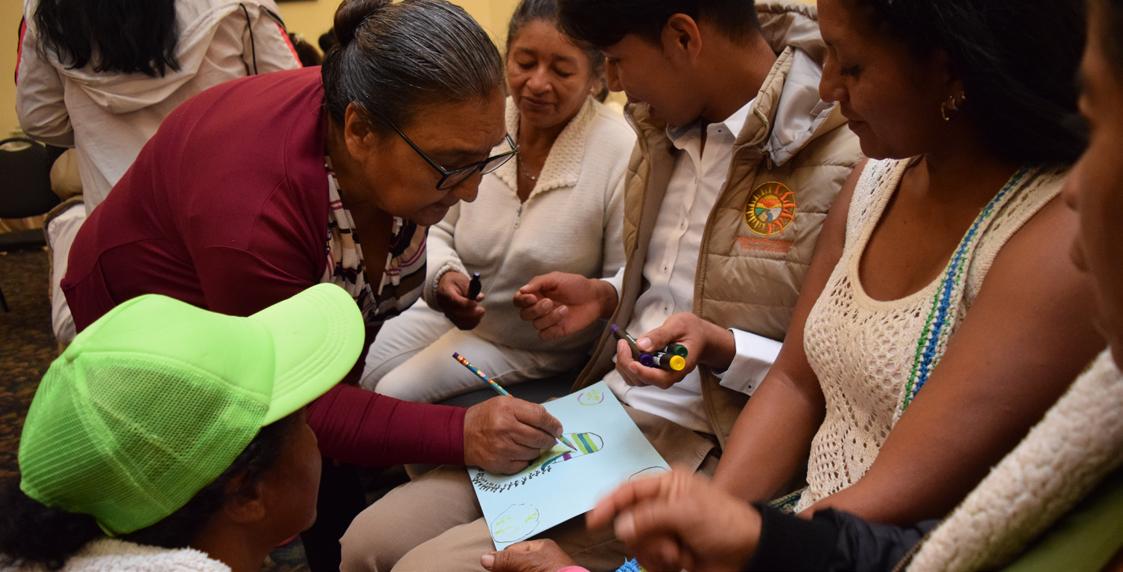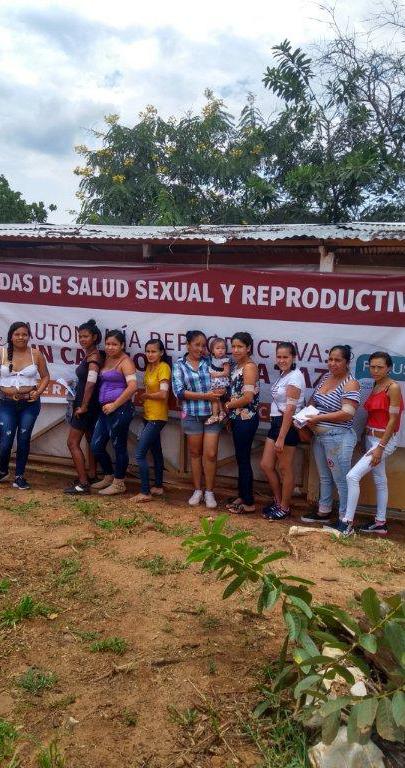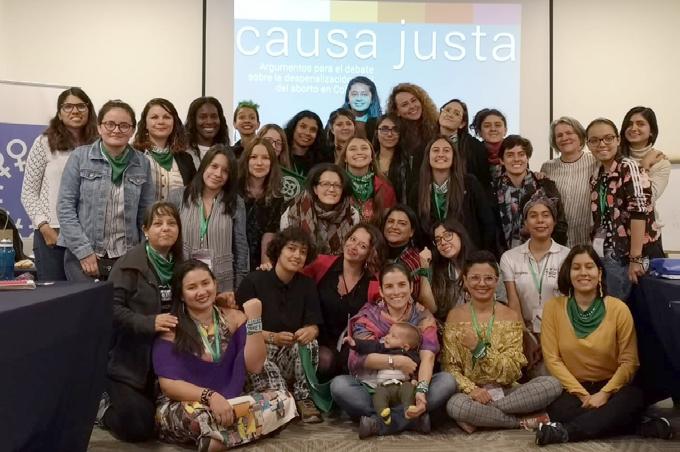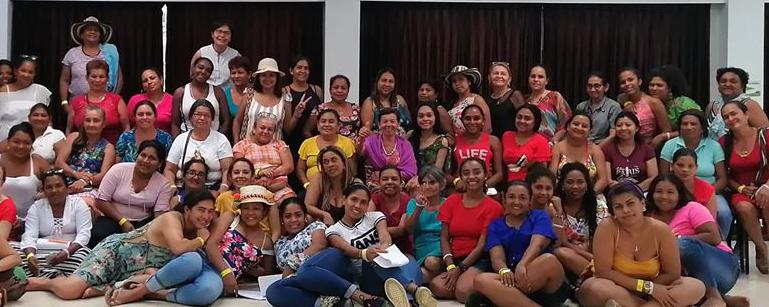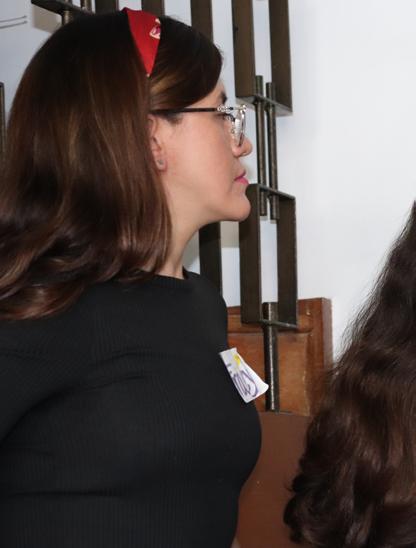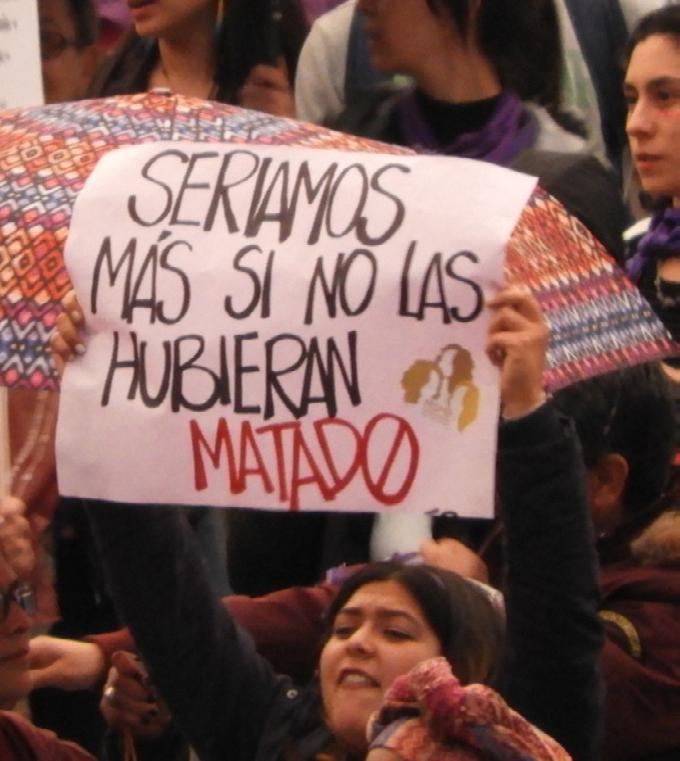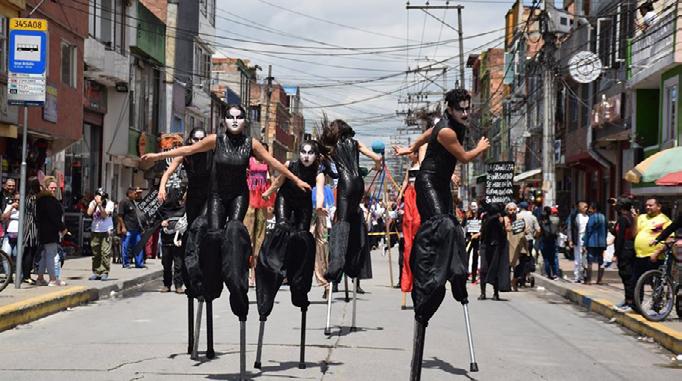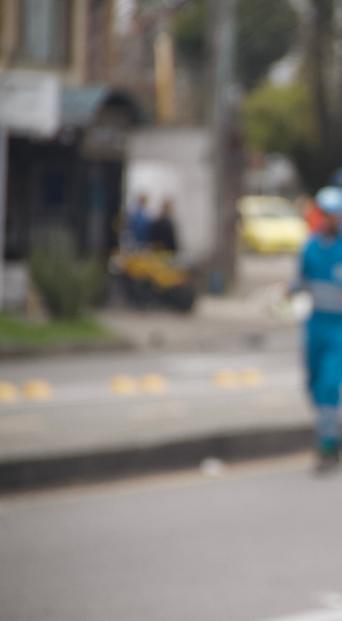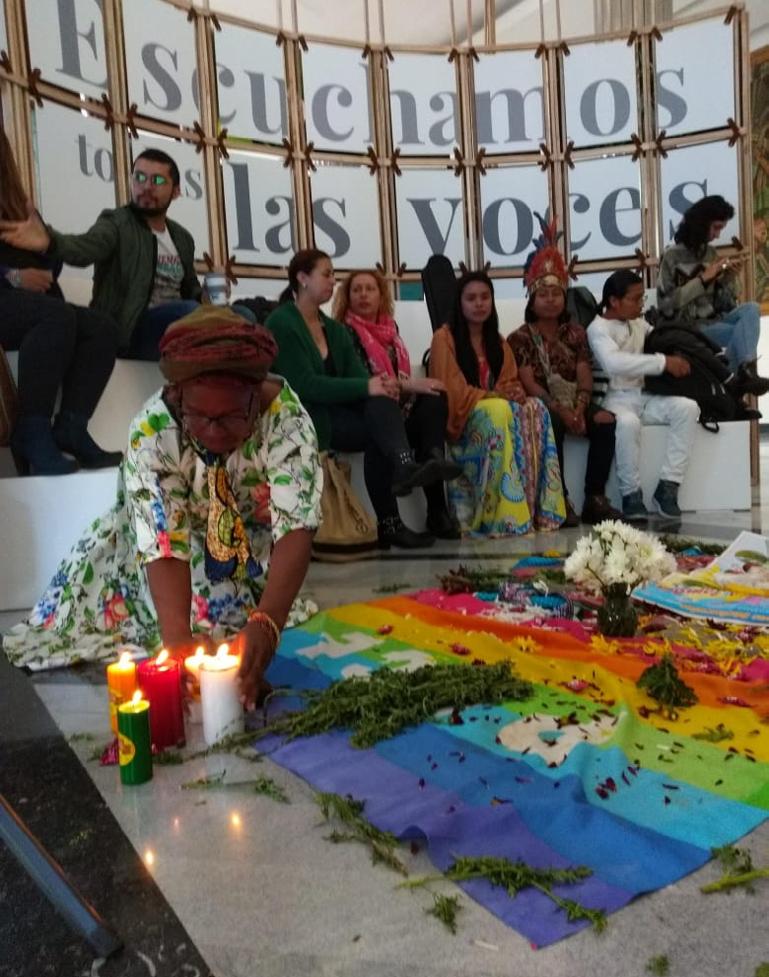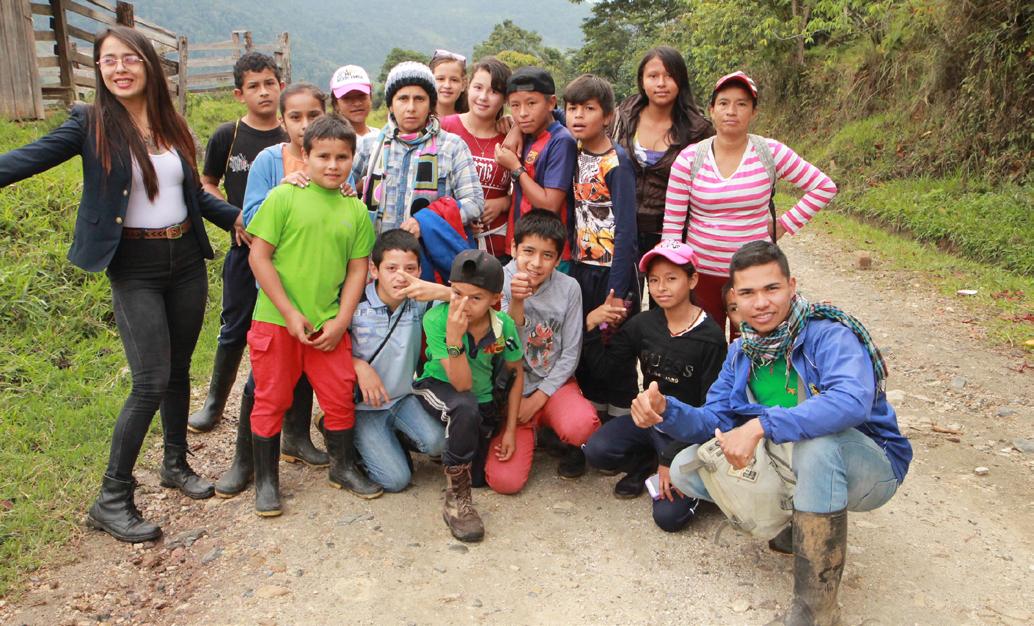{ xxxx }
TEXT: COLOMBIA DIVERSA
ong and dance: the only way that Afro-Colombian communities could say what they could not scream during the times of slavery. Today, music, the thing that gave their ancestors strength, is still an avenue that lets singers from Tumaco raise their voices for the disappeared and for the relatives who are no longer present. These women know the fractures and scars the conflict has left on mothers, families and entire populations. That is why they created this group, so they could sing songs that allow them to try to heal from the pain of war.
PHOTO: Colombia Diversa.
S
AN AGREEMENT ON THE SEARCH FOR TRUTH IN THE CONFLICT “In the framework of the Marxist-inspired revolutionary war, the guerrillas persecuted LGBT people. Apparently, they were not part of their vision in the construction of a new society” —Marcela Sánchez 8
These are the women who have made themselves heard by singing at many of the agreement ceremonies between the State and civil society. They did so again in September of this year when they sang at the signing of an agreement between Colombia Diversa and the Truth Commission. All of this happened in the midst of insecurity caused by the announcement that Iván Márquez, Jesús Santrich, and alias El Paisa where beginning “a new phase of armed combat.” “At this moment, the signing of these agreements is very important. It is not a secret that this is a very difficult moment politically in relation to the Peace Agreement and the institutions that were created as a result of the accord. What motivates and strengthens us is that society is also

